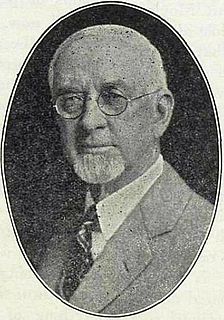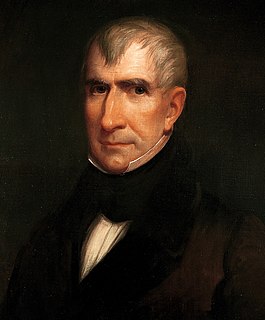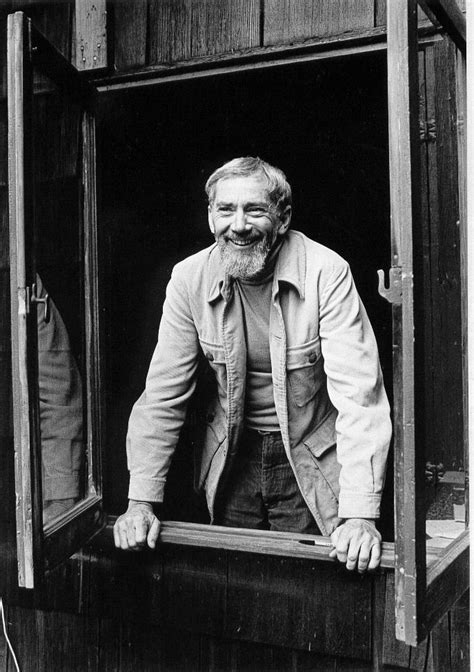A Quote by Dorothea Dix
Steady, firm, and kind government of prisoners is the truest humanity and the best exercise of duty. It is with convicts as with children: unseasonable indulgence, indiscreetly granted, leads to mischiefs which we may deplore but cannot repair.
Related Quotes
May it be my privilege to have the happiness of establishing the commonwealth on a firm and secure basis and thus enjoy the reward which I desire, but only if I may be called the author of the best possible government; and bear with me the hope when I die that the foundations which I have laid for its future government, will stand firm and stable.
I believe that it is my duty and your duty to teach our children concerning this great God-inspired Constitution, this great law of liberty which he has given to this world, and which was never given before to any nation in any land. Never before has there been a representative government of this kind. Republics have been tried, hundreds of times, thousands of years ago, but never was there anything like this Government.
I heartily accept the motto, "That government is best which governs least"; and I should like to see it acted up to more rapidly and systematically. Carried out, it finally amounts to this, which also I believe — "That government is best which governs not at all"; and when men are prepared for it, that will be the kind of government which they will have. Government is at best but an expedient; but most governments are usually, and all governments are sometimes, inexpedient.
We established however some, although not all its [self-government] important principles . The constitutions of most of our States assert, that all power is inherent in the people; that they may exercise it by themselves, in all cases to which they think themselves competent, (as in electing their functionaries executive and legislative, and deciding by a jury of themselves, in all judiciary cases in which any fact is involved,) or they may act by representatives, freely and equally chosen; that it is their right and duty to be at all times armed.
Every time we sign a treaty with another country, the treaty (should) include prisoner transfer provisions.... Under these provisions, the country in which the crimes were committed could demand that the convicts' country of origin incarcerate the prisoners for the terms to which they were sentenced.... Foreign felons in U.S. prisons are exacerbating out budget and law enforcement problems.... We will never get countries to take back their prisoners unless we have some leverage. NAFTA gives us that opportunity.
All around us, aspects of the modern world - diet, exercise, medicine, art, work, family, philosophy, economics, ecology, psychology - have begun a long circle back toward their former coherence. Whether they can arrive before the natural world is damaged beyond repair and madness destroys humanity, we cannot tell.
A firm, therefore, consists of the system of relationships which comes into existence when the direction of resources is dependent on an entrepreneur... As a firm gets larger, there may be decreasing returns to the entrepreneur function, that is, the costs of organising additional transactions within the firm may rise.
Electronic brains may help us to use our heads but will not excuse us from that duty, and as to our hearts-cardiograms cannot diagnose what may be most ill about them, or confirm what may be best. The faithful woman and the versatile brave man, the wakeful intelligence open to inspiration or grace-these are still exemplary for our kind, as they always were and always will be.
We are humanity, Kant says. Humanity needs us because we are it. Kant believes in duty and considers remaining alive a primary human duty. For him one is not permitted to “renounce his personality,” and while he states living as a duty, it also conveys a kind of freedom: we are not burdened with the obligation of judging whether our personality is worth maintaining, whether our life is worth living. Because living it is a duty, we are performing a good moral act just by persevering.
It is now no more that toleration is spoken of, as if it was by the indulgence of one class of people, that another enjoyed the exercise of their inherent natural rights. For happily the government of the United States, which gives to bigotry no sanction - to persecution no assistance, requires only that they who live under its protection should demean themselves as good citizens.





































